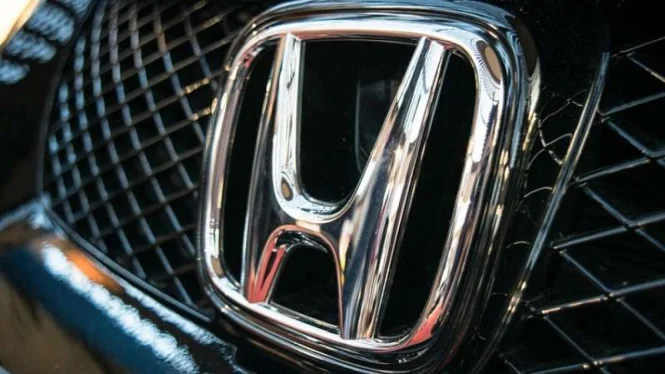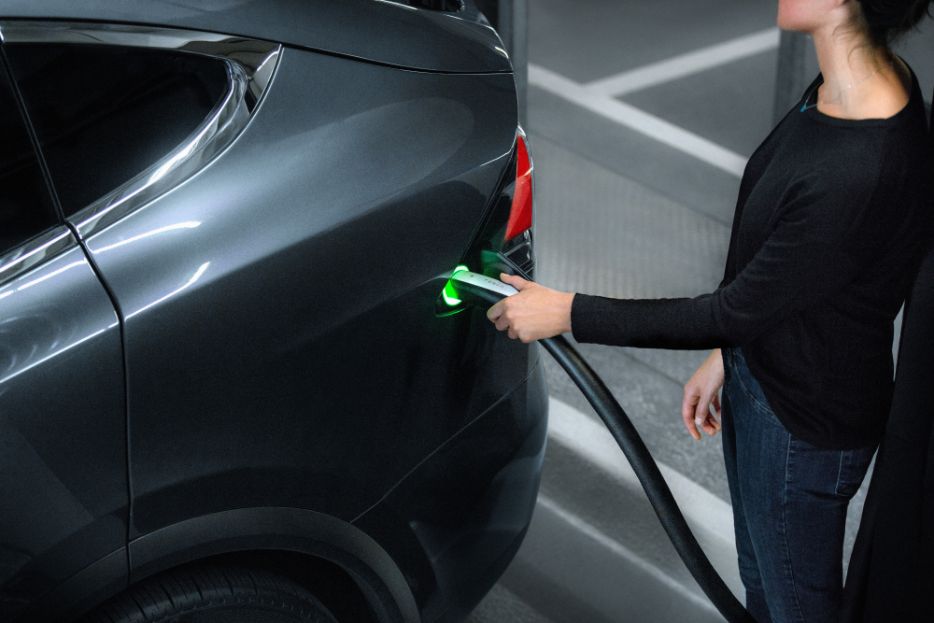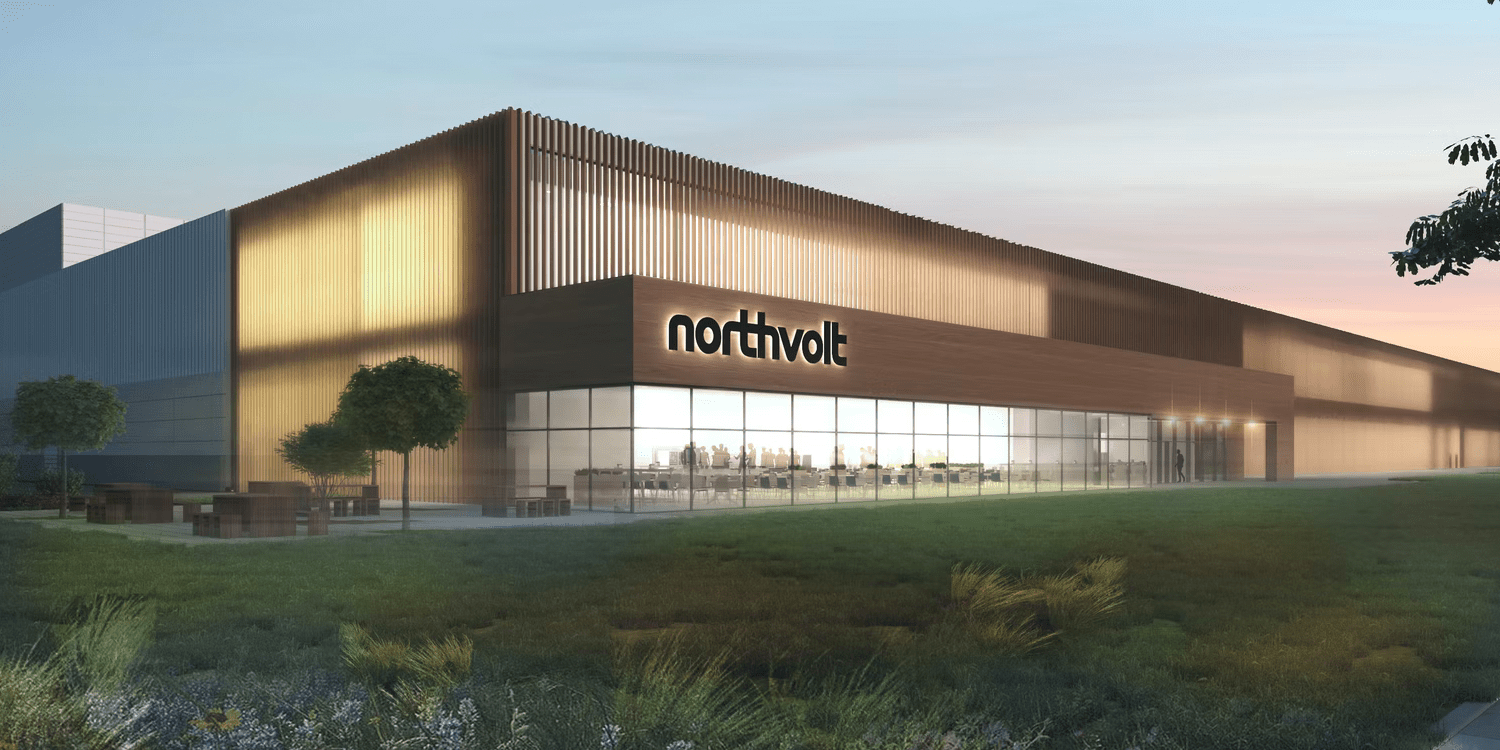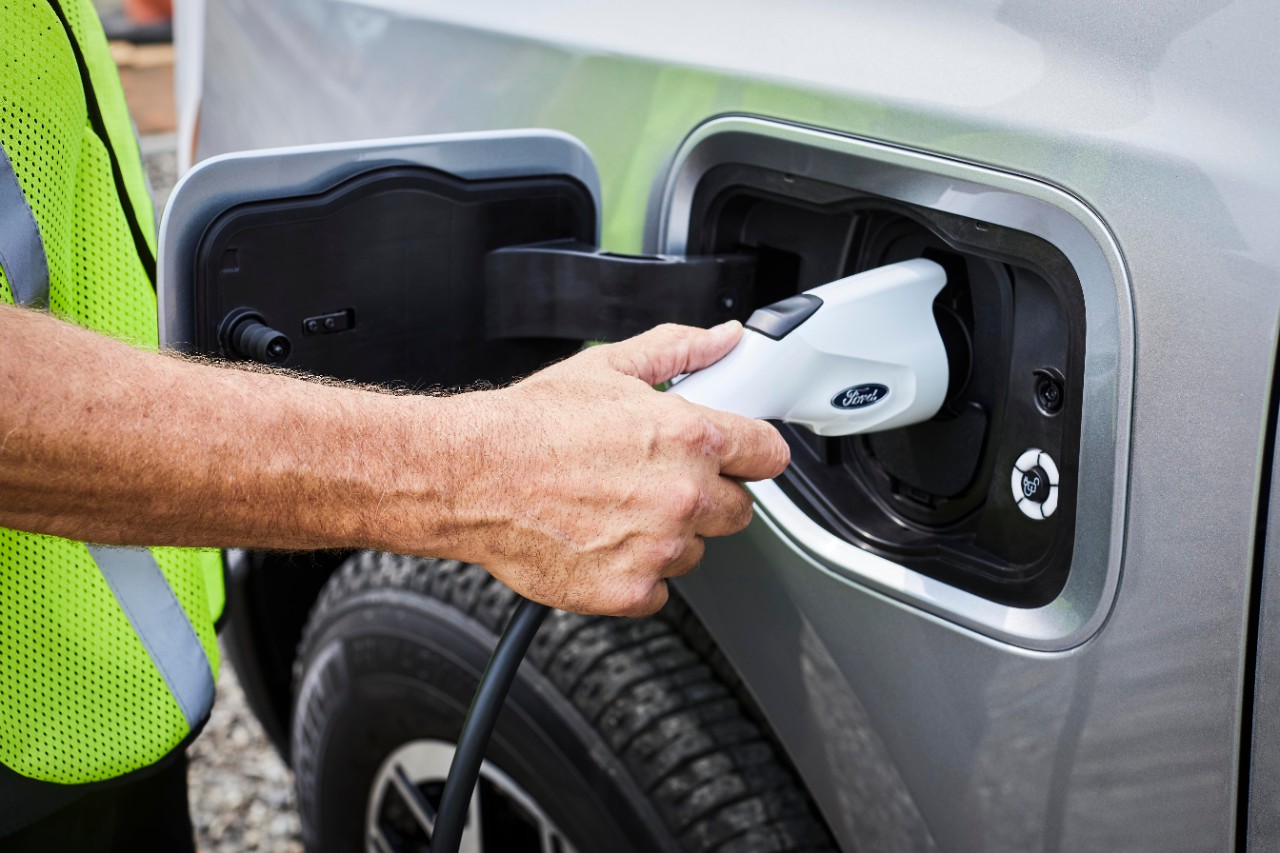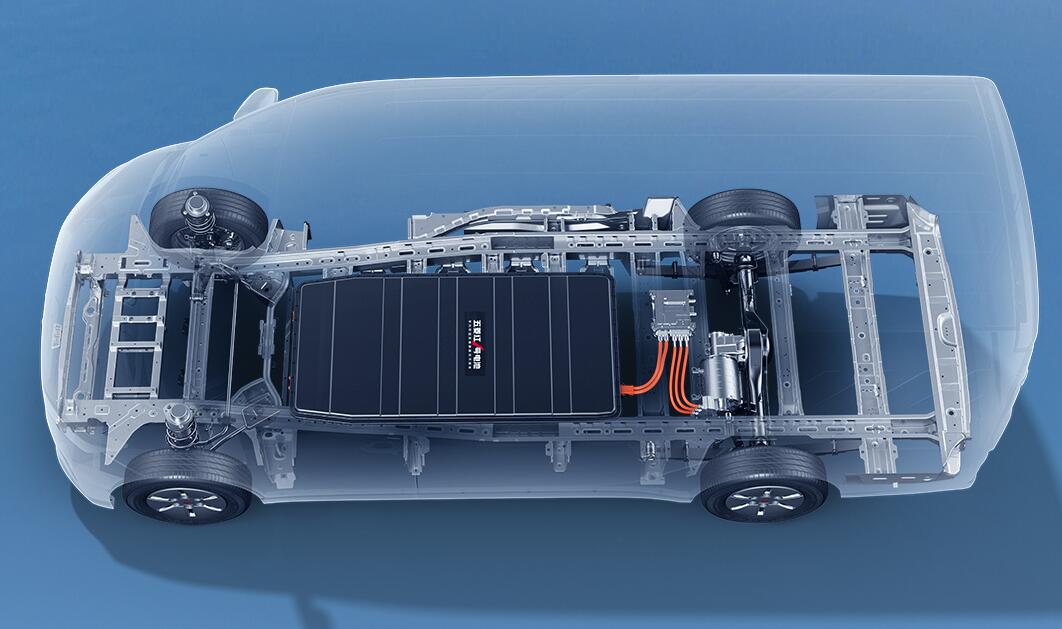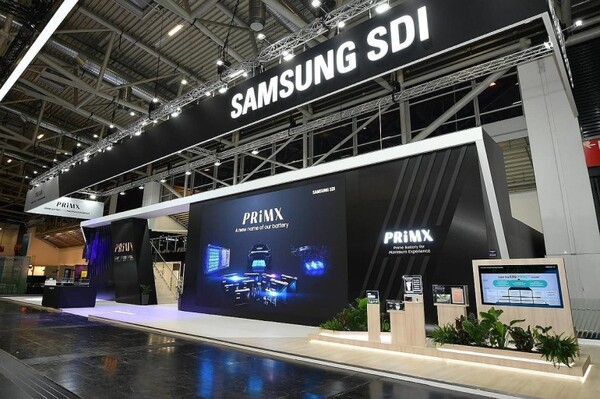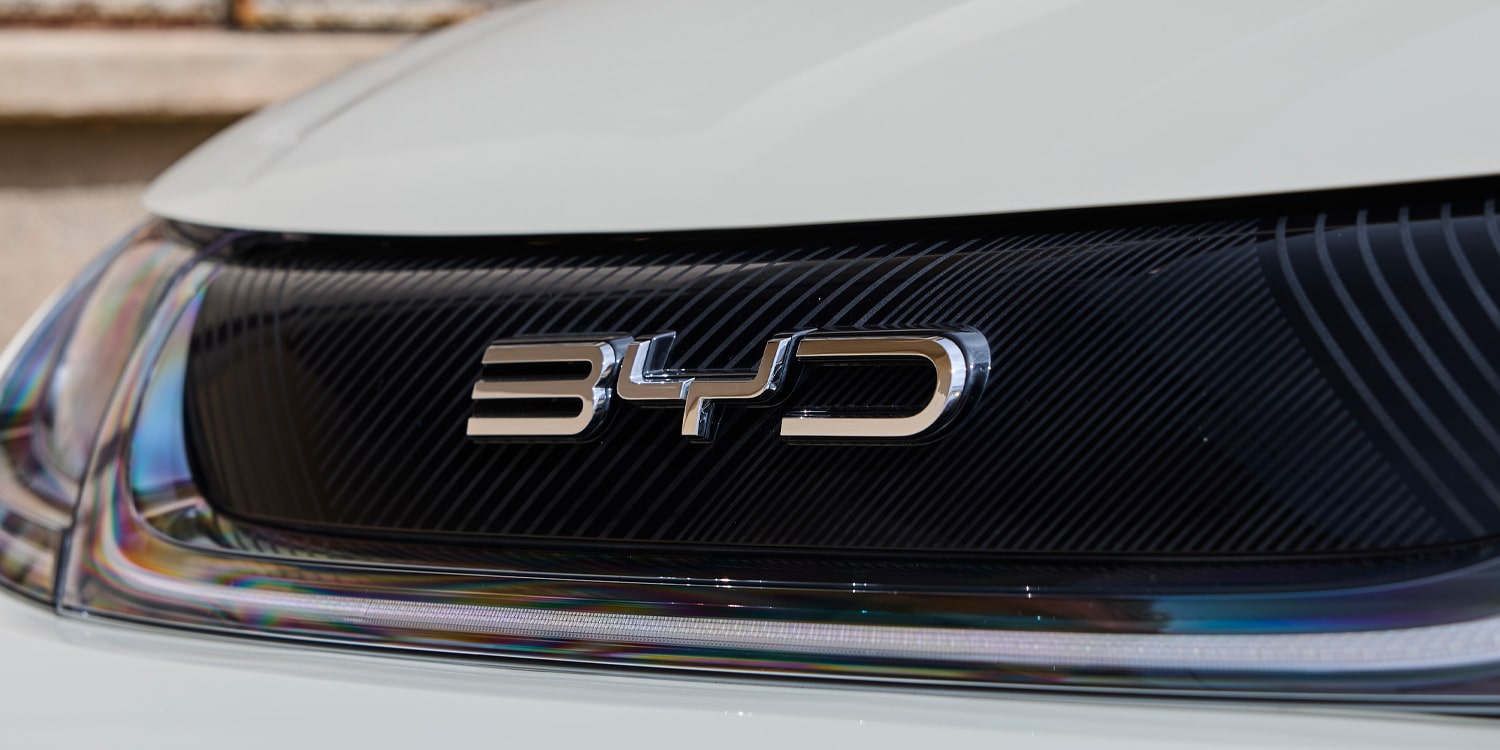Japanese automaker Honda Motor is reportedly contemplating the construction of an electric vehicle (EV) plant in Canada, a project that could encompass in-house battery production, according to sources. With an estimated total investment of 2 trillion yen ($14 billion), this undertaking could stand as one of Honda’s largest investments, aimed at competing with U.S. and European rivals in the expanding electric vehicle market.
Honda is currently evaluating multiple potential sites, including locations adjacent to an existing automobile factory in the province of Ontario. The decision on the project’s feasibility is expected to be reached by the end of 2024, with the new facility potentially commencing operations as early as 2028.
Already committed to producing EVs and batteries in the U.S. state of Ohio from 2026, a successful establishment of the proposed Canadian EV plant would mark Honda’s second such facility in North America. The move comes in response to Canada’s recent announcement of a plan to effectively end the sale of new gasoline or diesel-powered passenger vehicles by 2035, coupled with the country’s abundance of renewable energy sources, aligning with Honda’s sustainability objectives.
As North America constitutes approximately 40% of Honda’s global sales, with an expected sale of 1.6 million vehicles in the current fiscal year, predominantly gasoline-powered, the new Canadian plant is poised to play a crucial role in achieving Honda’s goal of having EVs represent 40% of North American sales by 2030 and 80% by 2035.
While Honda plans to mass-produce batteries in Ohio from 2025 through a partnership with LG Energy Solution of South Korea, the Canadian venture involves Honda independently producing batteries, possibly exploring emerging technologies like solid-state batteries. Honda may collaborate with external partners on battery production in Canada.
Despite signs of a slowdown in EV sales in the U.S., Honda remains optimistic about the medium to long-term growth in demand. The Biden administration’s target of electric vehicles constituting half of new vehicles sold by 2030, along with state-level commitments to phasing out gasoline vehicles, has further fueled Honda’s resolve to advance its EV production plans.
In an effort to qualify for U.S. government incentives, Honda aims to source key battery materials, such as lithium, from within Canada, potentially making its EVs produced at the proposed Canadian plant eligible for subsidies.

